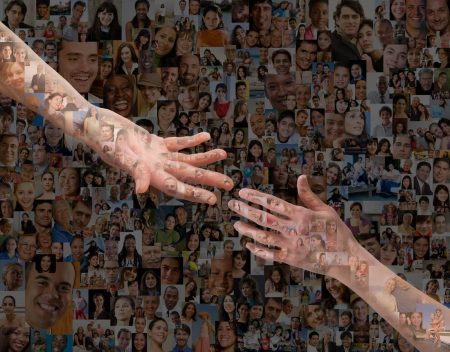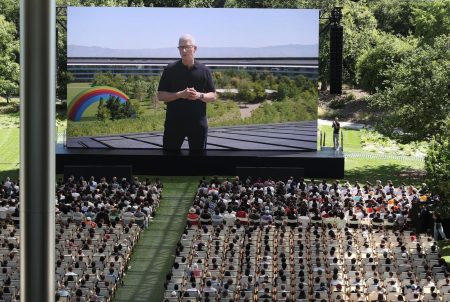The music industry has a long history of being disrupted by new technologies, from player pianos to streaming platforms. Now, artificial intelligence (AI) has the potential to once again transform how music is made and consumed. Some are concerned that AI could lead to a repeat of the Napster saga from the late 1990s and early 2000s, where music sharing without copyright approval caused chaos in the industry. Michael Huppe, President & CEO of SoundExchange and music law professor, believes that the industry’s response to AI will be different this time around.
Napster was the original peer-to-peer sharing platform for digital music files that allowed users to download music without copyright approval. This led to a lawsuit by the Recording Industry Association of America (RIAA) for copyright infringement. The fallout from Napster led to a decade of legal battles over file-sharing software, shaping how music is consumed today. Streaming platforms now dominate the industry, generating 84% of recorded music revenue.
Huppe believes that the response to AI in the music industry is different from the Napster era for several reasons. The industry has been quick to react and seek constructive solutions with new technology, with many artists and creators embracing AI rather than fighting against it. There is also greater legislative engagement surrounding AI, with numerous bills and regulations being considered to protect creators’ rights.
Tech giants and leading AI companies have also recognized the need for limits and safeguards when it comes to AI. This is a significant change from the resistance to self-regulation seen during the Napster era. There is a widespread acknowledgement of the risks involved with AI, even within the tech industry itself. The attitudes towards AI have shifted, with a recognition that new technologies must be accompanied by appropriate business models for sustainability.
Huppe advocates for the “three C’s” of music and AI—consent, credit, and compensation—to protect creators in this new landscape. Despite the risks, he is hopeful about the future of AI in music, with a more positive outlook compared to past disruptions. The early chapters of the AI story in music show a quicker engagement, more collaboration, and the development of creative solutions between AI and the music industry. Overall, the industry appears to be embracing AI in a way that differs from the tumultuous Napster era.















